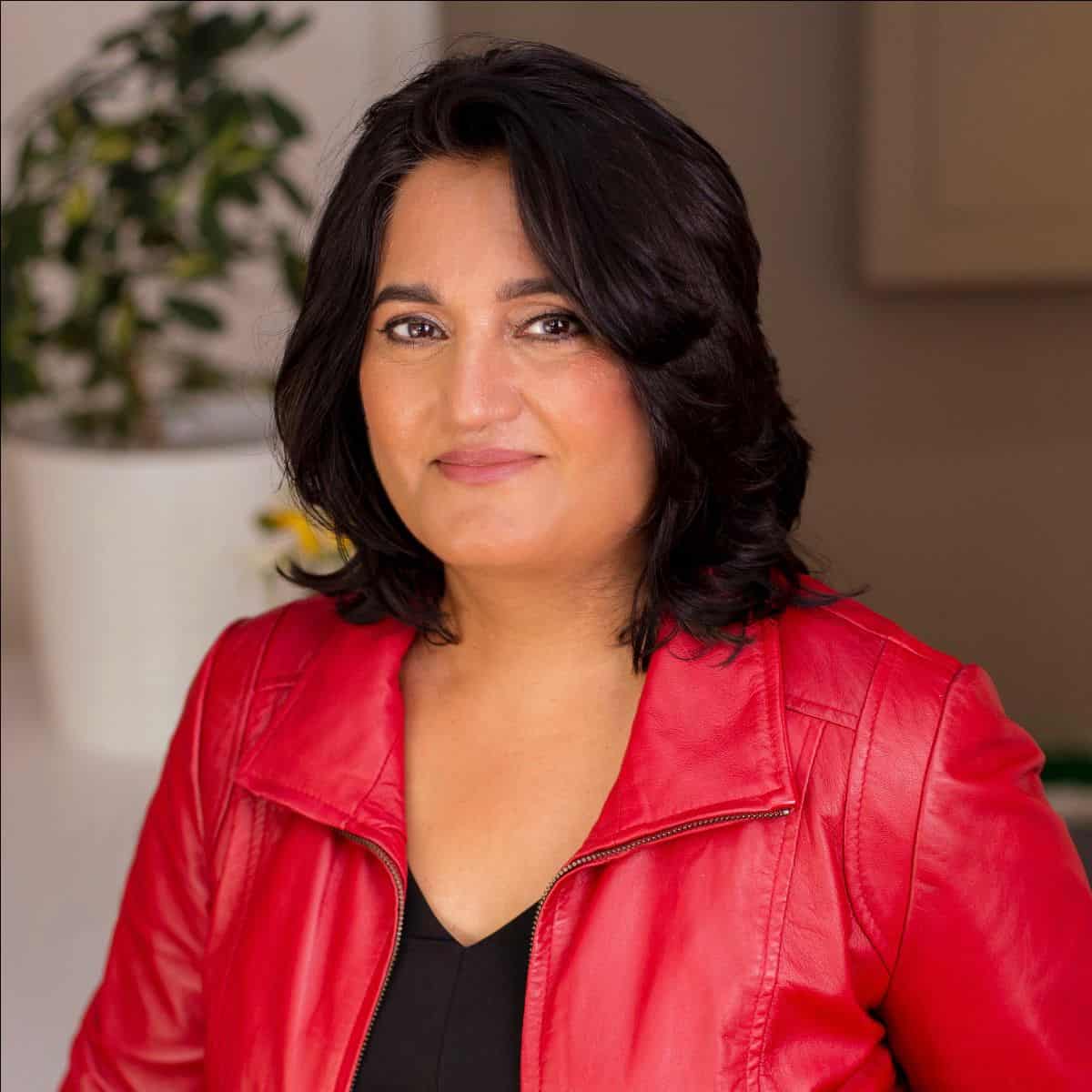
CEO Update | April 2023
Read our latest CEO Update, as originally published in our Spring 2023 newsletter.
My understanding of ‘systems’ has evolved throughout my life. Systems were integral to my family’s experiences of immigration, to learning English as a second language, to growing up as a brown teen girl in a small Prairie town, and to watching my parents make ends meet with five children. These challenges were a big part of my attraction to journalism, although I did not have the language to articulate systems change when I started journalism school.
 When I became a parent, I was unprepared for the many, many systems I would have to navigate, and learned first-hand that challenging any system requires endless emotional reserves, money, and time—all three were always in short supply during the intense periods when the systems (healthcare, education, etc.) had the most negative impacts on my family.
When I became a parent, I was unprepared for the many, many systems I would have to navigate, and learned first-hand that challenging any system requires endless emotional reserves, money, and time—all three were always in short supply during the intense periods when the systems (healthcare, education, etc.) had the most negative impacts on my family.
So at this point in my career, I feel privileged to have some resources, energy, and time to tackle systems change in a very small way. The ultimate goal is to affect mental models; the deep beliefs we have about each other. This is a long game, and for a foundation focused on shifting narrative power, we understand that this may not happen for decades. Trusting relationships and power dynamics are crucial, and we hope that we are living up to expectations through trust-based granting and capital transfers to the Foundation for Black Communities and the Indigenous Peoples Resilience Fund. The most explicit tier of systems change is the first tier, the one focused on policies, practices, and the flow of resources. Internally, we update our policies and practices regularly, and compensation is set through an equity lens, with data that is applied to all staff. Externally, we have been engaging through our granting, and on an ad hoc basis, leaning in on mostly quiet conversations and only when asked.
In March, the Inspirit Board had a thoughtful conversation on the role of advocacy at the Foundation. Do we name it explicitly? Do we focus only on gaps? Do we have capacity? With no funder restrictions, and only the confines of the very basic guidelines from the Canada Revenue Agency, there is a lot that we can do with our power. While our asset base falls within the small-medium sized category of foundations in Canada, this has never limited our discussions on what we can do with the power we do have. Intrinsically, as a Foundation we have the privilege to work on longer-term systemic issues. After all, philanthropy itself is also a system. How do we continue to challenge this system?
You may have noticed that Inspirit’s work has pivoted from primarily providing microgrants to a systems lens that focuses on infrastructure. We have been funding research and organizations who are raising awareness about gaps and advocating for potential solutions to make arts and media systems more equitable. This takes time, money, patience, and is grounded in relationships. So, we have adapted our granting practices by increasing multi-year funding to meet these needs. This year, we go deeper into this approach. It means fewer grants, but more time with existing grantees, to better understand their impact in their communities. However, we always have room for new approaches that tackle the systems we work in through our Seed Grants.
While we have been championing grantee work and encouraging our peers to support these vital organizations, we need to do more. This year, we are spending more time asking other foundations to join us in this work. We remain the only Canadian foundation with a focus on shifting narrative power, and the only foundation to fund initiatives that challenge the dominant narratives about Canadian Muslims.
It was not so long ago that Inspirit was also alone in our public commitment to steward our resources through a 100% impact portfolio in 2016. In 2022, we reached that goal, and despite energy (oil and gas) being Canada’s strongest performing sector by a landslide last year, our portfolio still managed to outperform benchmark. That’s a testament to the financial resilience of our portfolio, not to mention its impact. We continue to make new investments to increase the probability of stronger performance, from both a financial and impact lens. In recent years, we have seen many other foundations make commitments to impact investing.
The concept of a system can be tough to understand until it intersects directly with your life. Now that our kids are older and embody a vibrant and generous energy that I have experienced with their Gen Z peers, they are asking tough questions about race, gender, sexuality, disability, among a long list of issues. They are slowly identifying barriers and narratives through a systems lens, although they would never call it that. Only parents do that, but as those parents, to see this healthy challenging of systems become so integrated into their thinking, well, that is a great payoff.
Sincerely,
Sadia Zaman, CEO